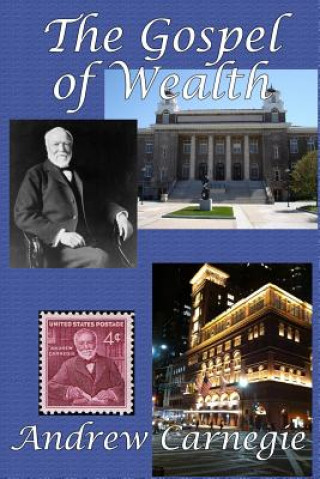
Code: 10799340
Gospel of Wealth
by Andrew Carnegie
Andrew Carnegie (1835-1919) was a Scottish immigrant to the United States. He arrived as a poor child, but—as the epitome of the "rags to riches" story, built himself into one of the richest men in the world. As a young man, ... more
- Language:
 English
English - Binding: Paperback
- Number of pages: 34
Publisher: Gray Rabbit Publishing, 2016
- More about this

You might also like
-
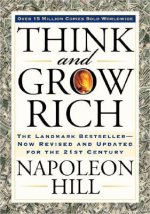
Think and Grow Rich
53.81 zł -

STOLEN HEIR
39.29 zł -21 % -

Harry Potter and the Prisoner of Azkaban
38.07 zł -19 % -

The Parasitic Mind: How Infectious Ideas Are Killing Common Sense
71.07 zł -9 % -
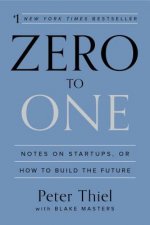
Zero to One
120.62 zł -12 % -

Ferrari Book
462.20 zł -14 % -

Alfred's Basic Piano Library Lesson Book, Bk 1b
45.89 zł -6 % -
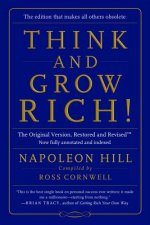
Think and Grow Rich!
81.32 zł -6 % -

Call of the Night, Vol. 5
42.94 zł -12 % -

Witcher: Ronin
73.50 zł -19 % -
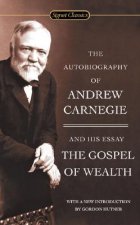
Autobiography Of Andrew Carnegie And The Gospel Of Wealth
35.33 zł -13 % -

Spiritual Brain
47.71 zł -23 % -

Hellboy In Hell Library Edition
173.22 zł -19 % -

Wabi Sabi
74.42 zł -3 % -
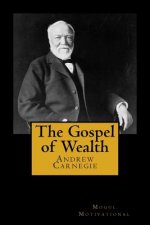
The Gospel of Wealth
43.04 zł -

Daisy Miller
36.54 zł -10 % -
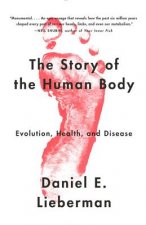
The Story of the Human Body
76.14 zł -13 % -

MY Life And Work: The Autobiography Of Henry Ford
52.28 zł -

A Darkest Minds Novel: The Darkest Legacy
41.32 zł -19 % -

Rise and Triumph of the Modern Self
140.62 zł -8 % -

Okay for Now
42.94 zł -12 %
Give this book as a present today
- Order book and choose Gift Order.
- We will send you book gift voucher at once. You can give it out to anyone.
- Book will be send to donee, nothing more to care about.
More about Gospel of Wealth
You get 17 loyalty points
 Book synopsis
Book synopsis
Andrew Carnegie (1835-1919) was a Scottish immigrant to the United States. He arrived as a poor child, but—as the epitome of the "rags to riches" story, built himself into one of the richest men in the world. As a young man, who worked as a telegraph operator, and used his wits and business acumen to parlay his job into greater investments during and after the Civil War. Those investments in railroads, bridges, oil derricks, and more made him very wealthy by the 1880s. Then he brought the Bessemer process for steel-making to the United States, and eventually sold his Carnegie Steel Company for $480 million in 1901 (the current equivalent of nearly $14 billion). Following that accumulation of staggering wealth, Carnegie dedicated the remainder of his life to philanthropy, giving away nearly 90 percent of his fortune by the time of his death. His 1889 article "Wealth" (later retitled "The Gospel of Wealth") details his belief in the responsibility of philanthropy by the self-made rich. He wrote that the best way of dealing with the new phenomenon of wealth inequality was for the wealthy to redistribute their surplus means in a responsible and thoughtful manner, arguing that surplus wealth produces the greatest net benefit to society when it is administered carefully by the wealthy. He also argues against extravagance, irresponsible spending, or self-indulgence, instead promoting the administration of capital during one's lifetime toward the cause of reducing the stratification between the rich and poor. Carnegie's massive philanthropic efforts especially emphasized libraries, world peace, education, and scientific research. He built Carnegie Hall, and founded the Carnegie Corporation of New York, the Carnegie Endowment for International Peace, the Carnegie Institution for Science, the Carnegie Trust for the Universities of Scotland, the Carnegie Hero Fund, Carnegie Mellon University, and the Carnegie Museums of Pittsburgh.
 Book details
Book details
Book category Books in English Society & social sciences Social services & welfare, criminology Social welfare & social services
29.44 zł
- Full title: Gospel of Wealth
- Author: Andrew Carnegie
- Language:
 English
English - Binding: Paperback
- Number of pages: 34
- EAN: 9781515400349
- ISBN: 9781515400349
- ID: 10799340
- Publisher: Gray Rabbit Publishing
- Weight: 70 g
- Dimensions: 228 × 150 × 11 mm
- Date of publishing: 28. March 2016
Trending among others
-

What Life Should Mean to You
79.09 zł -

Denied a Mummy
61.73 zł -23 % -

Internal Family Systems Therapy with Children
152.60 zł -

Raising a Secure Child
73.40 zł -6 % -
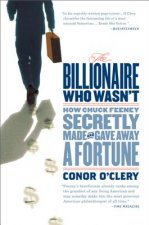
Billionaire Who Wasn't
89.24 zł -11 % -

Autobiography of George Muller
44.16 zł -8 % -
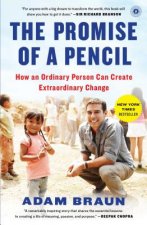
Promise of a Pencil
47.71 zł -23 % -

Active Listening
54.01 zł -

Animal Assisted Therapy Activities to Motivate and Inspire
102.65 zł -

Clinical Practice of Equine-Assisted Therapy
236.88 zł -

Shelter
121.33 zł -8 % -
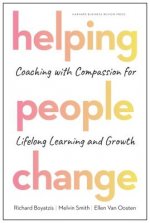
Helping People Change
129.05 zł -9 % -

Counselling Skills for Working with Trauma
150.37 zł -1 % -

Counselling Skills for Working with Shame
150.37 zł -1 % -

From Coach to Awakener
121.33 zł -8 % -

Using Stories to Build Bridges with Traumatized Children
120.62 zł -1 % -

Intervention & Strategies in Counseling and Psychotherapy
346.44 zł -
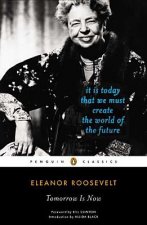
Tomorrow is Now
104.68 zł -3 % -

Solution Focused Harm Reduction
367.87 zł -

Equine-Assisted Therapy Workbook
236.88 zł -

Investigating Child Exploitation and Pornography
455.60 zł -4 % -
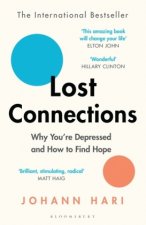
Lost Connections
58.27 zł -19 % -

Client Centered Therapy (New Ed)
80.31 zł -23 % -

English for Law Enforcement Student's Book Pack
196.88 zł -3 % -
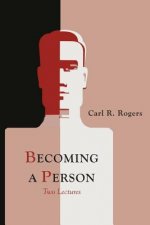
Becoming a Person
35.43 zł -
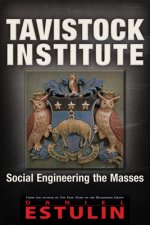
Tavistock Institute
104.88 zł -7 % -

Personality Adaptations
104.68 zł -5 % -

I Shall Not Hate
61.73 zł -23 % -

Dead Aid
49.85 zł -19 % -

Dictionary of Social Work and Social Care
78.68 zł -10 % -

Big Book of Blob Trees
260.95 zł -

Borderline Personality Disorder Demystified, Revised Edition
81.83 zł -10 % -

Three Cups Of Tea
49.85 zł -19 % -

Blob School
218.91 zł -

Conversations That Matter
170.78 zł -

Therapeutic Journal Writing
170.58 zł -

Smart but Scattered--and Stalled
82.74 zł -8 % -

Solution Focused Narrative Therapy
292.22 zł -15 % -

Cognitive-Interpersonal Therapy Workbook for Treating Anorexia Nervosa
152.60 zł -

Grief in Children
102.95 zł -1 % -

Enforcing Order - An Ethnography of Urban Policing
150.57 zł -

Hauntings - Dispelling the Ghosts Who Run Our Lives
112.29 zł -

Creative Ways to Help Children Manage BIG Feelings
150.37 zł -1 % -

Resilience Handbook
398.84 zł -

Therapist's Guide to Consensual Nonmonogamy
194.85 zł -

Counselling for Toads
152.60 zł -

Enemies
70.97 zł -23 % -

Ecotherapy in Practice
294.35 zł -

Marriage Clinic
231.20 zł
safisfied customers
Since 2008, we have served long line of book lovers, but each of them was always on the first place.
Copyright! ©2008-24 libristo.pl All rights reservedPrivacyPoučení o cookies



 21 million books
21 million books Delivery 12.99 zł
Delivery 12.99 zł (32) 444 93 66 (8-15.30h)
(32) 444 93 66 (8-15.30h)